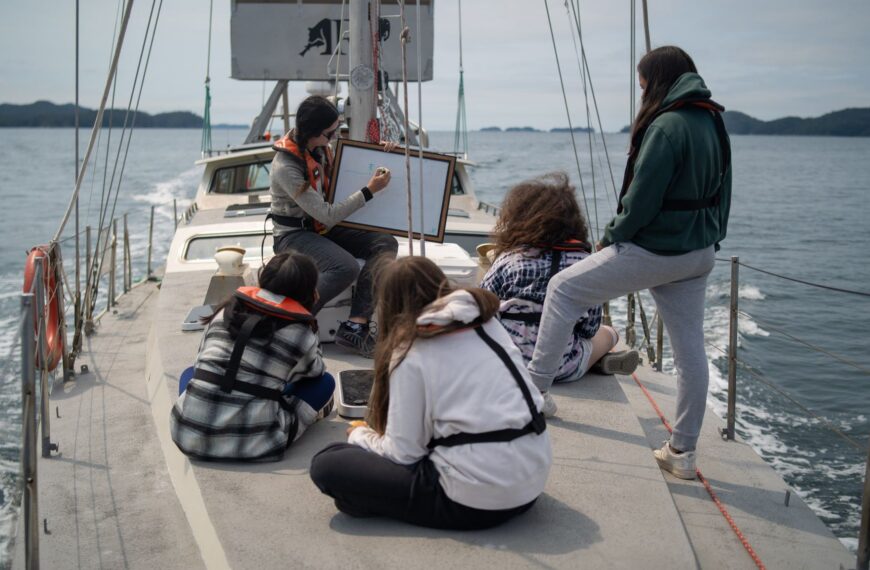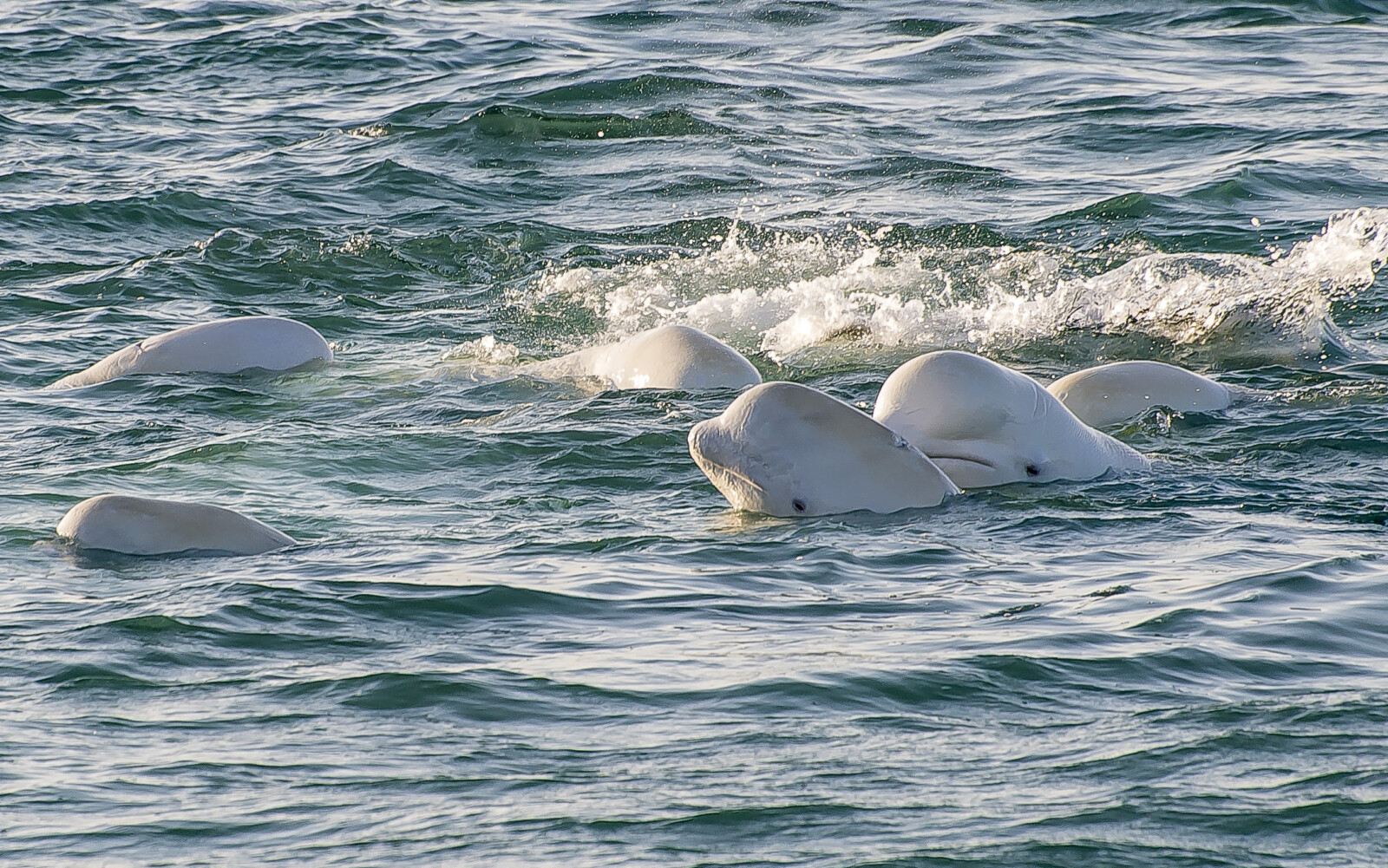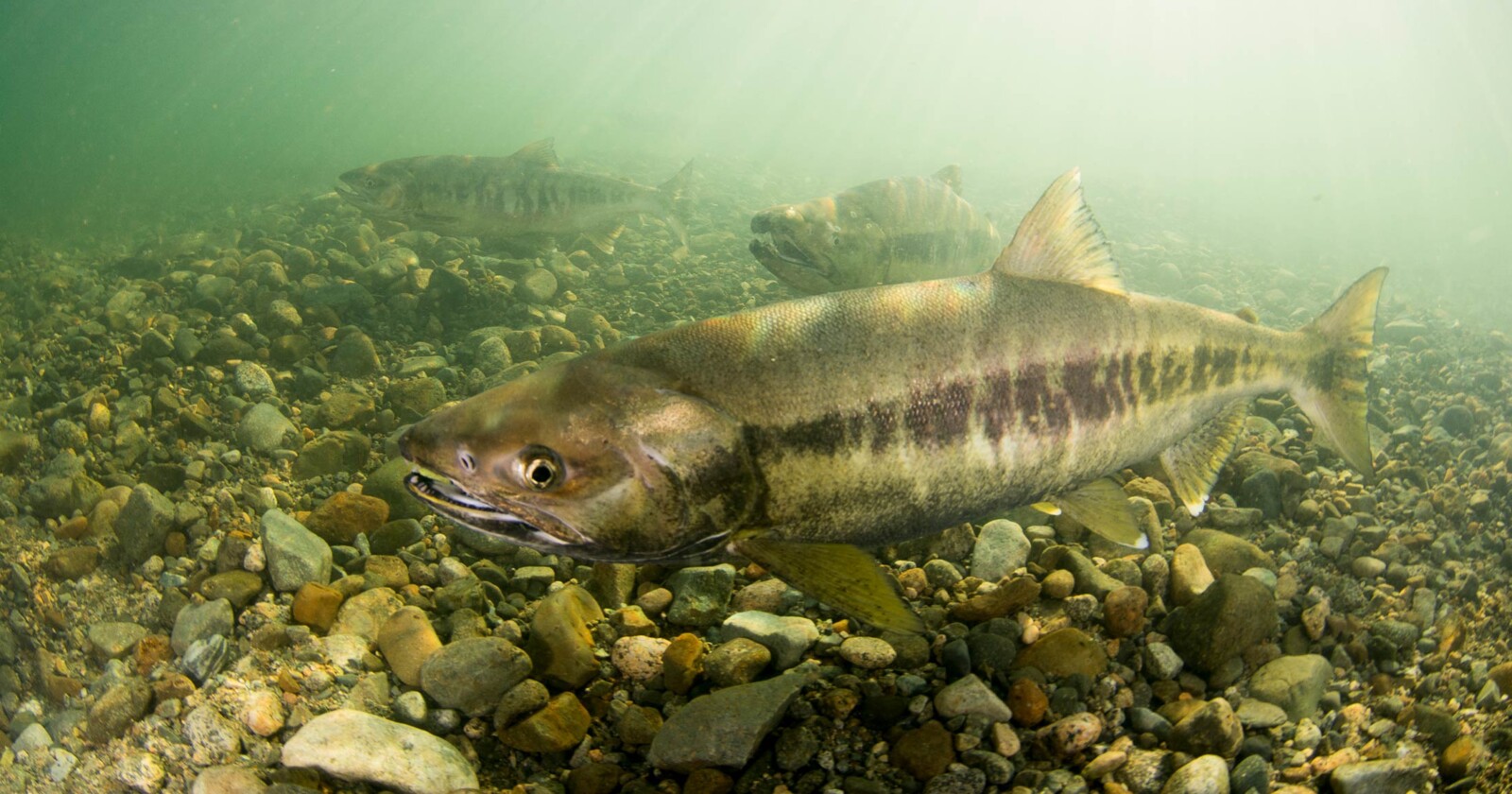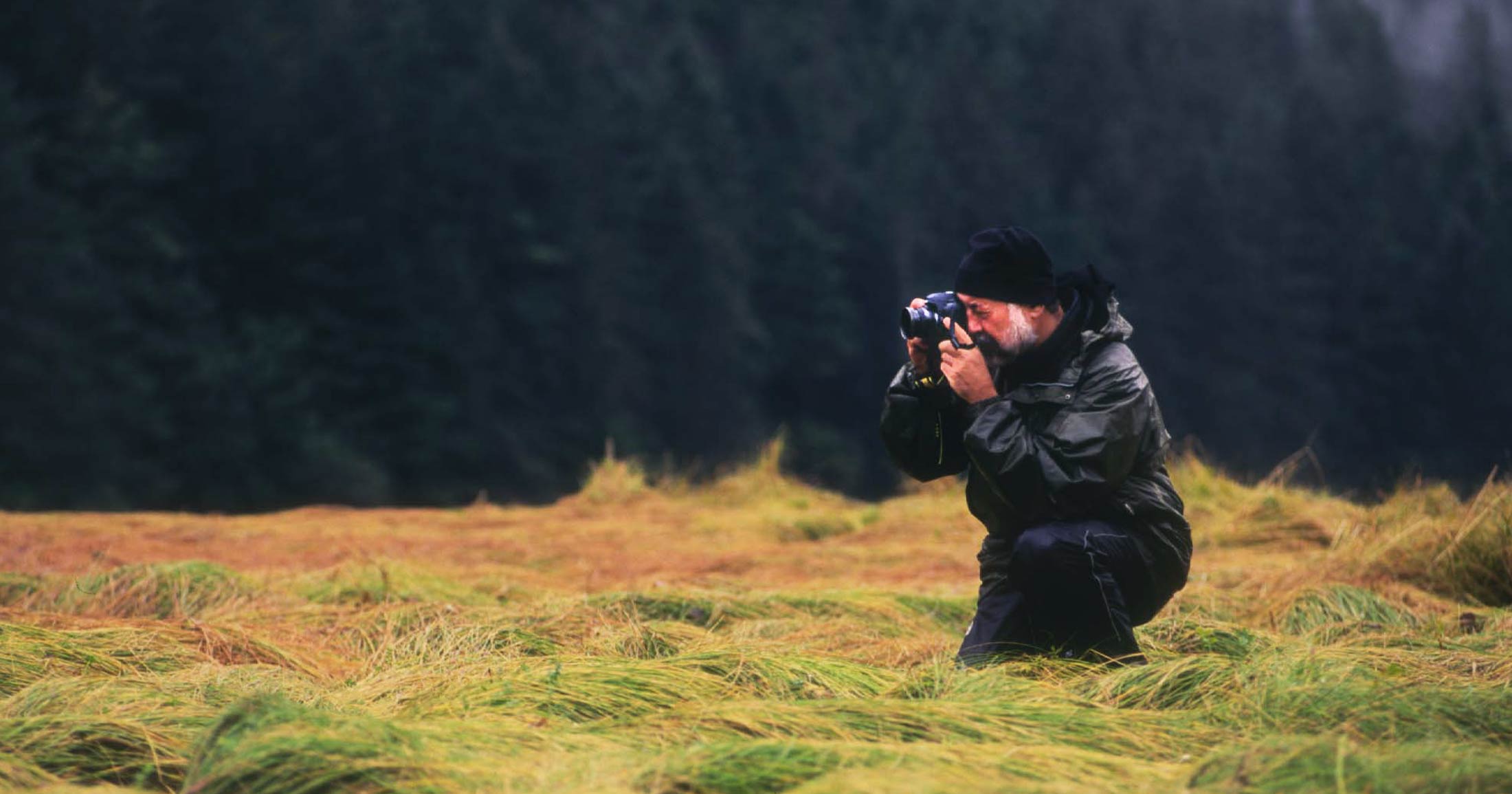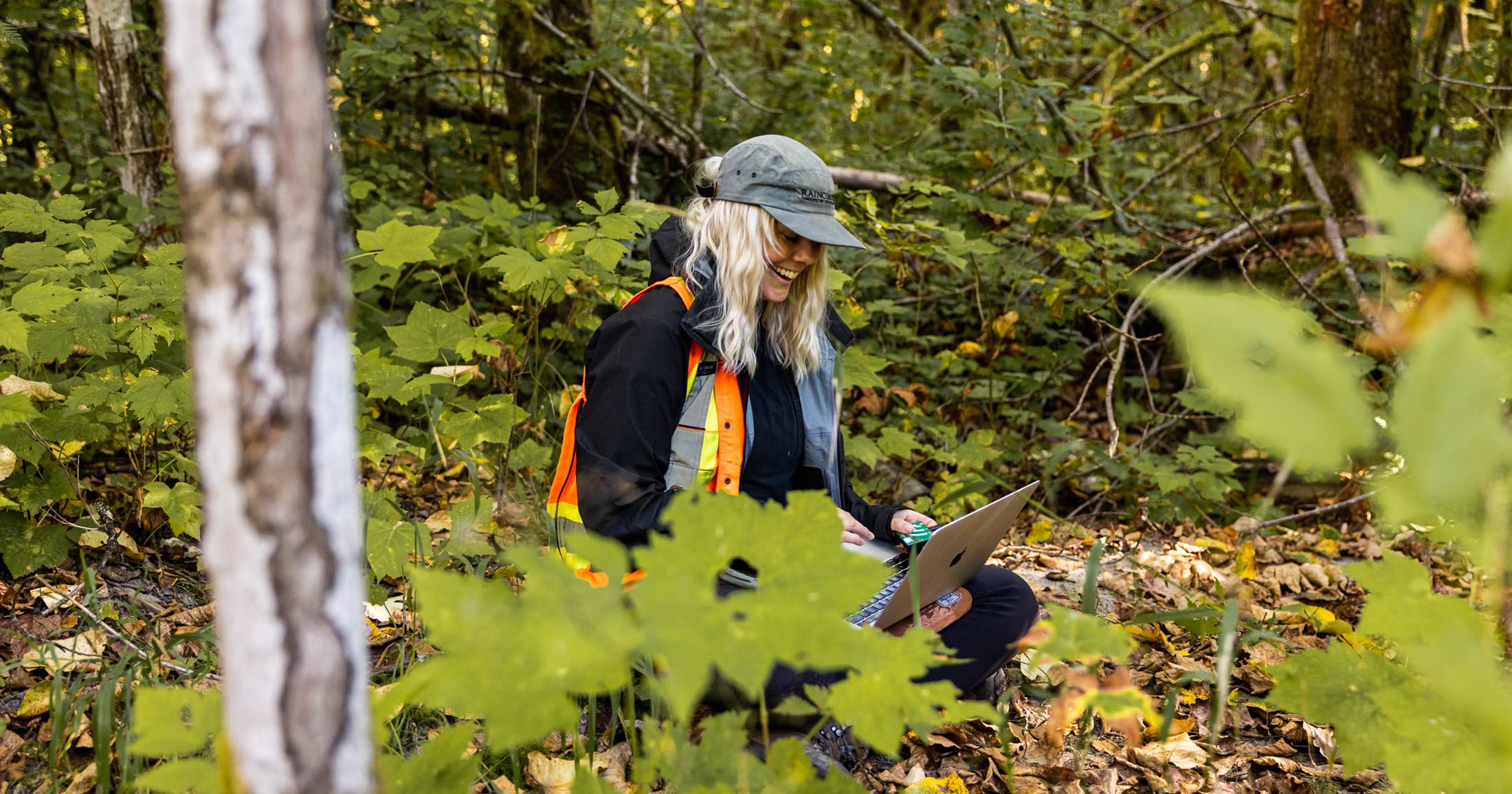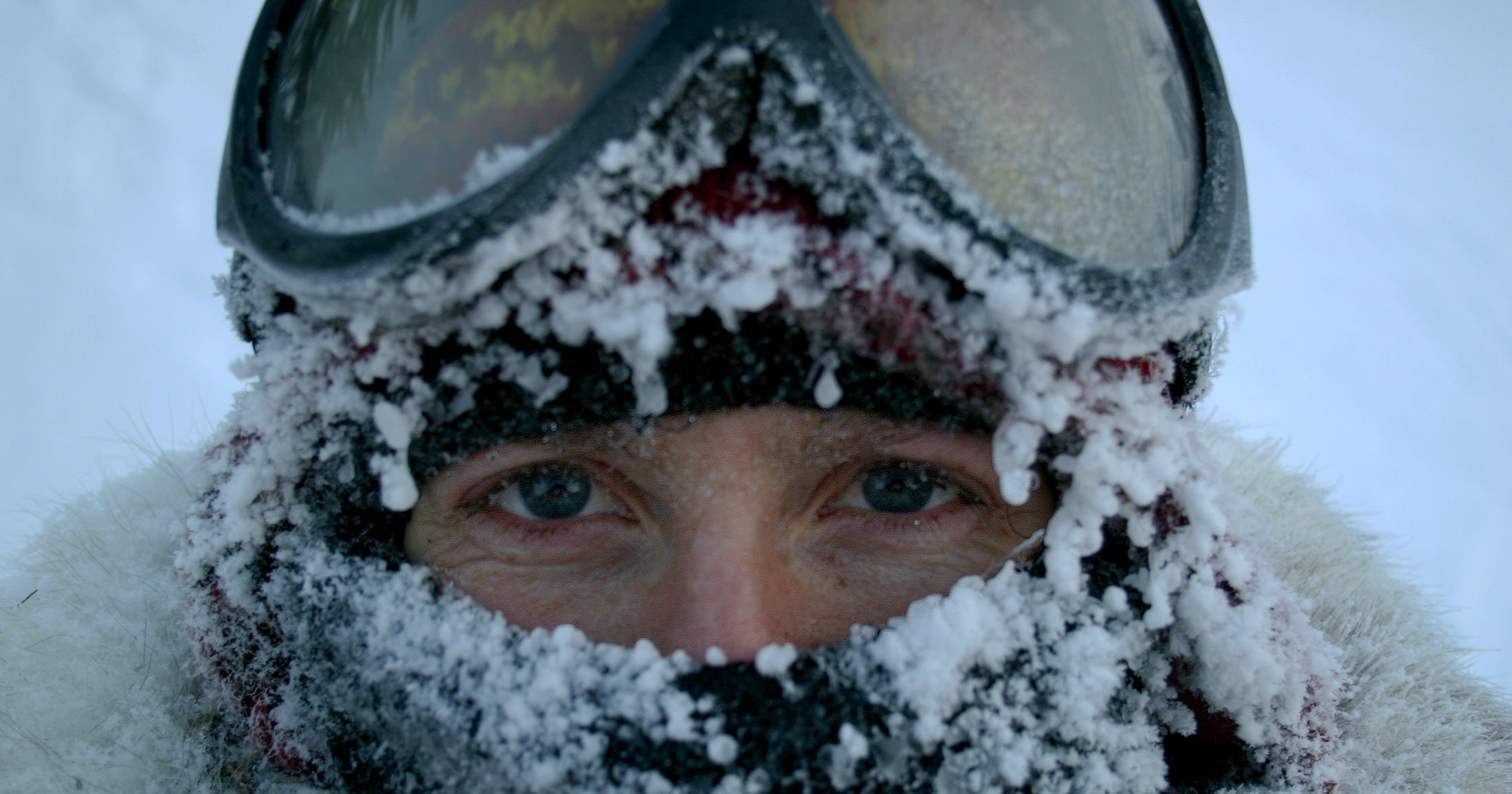Climategate’ a convenient sideshow to real issue
Victoria News, December 18, 2009
Re: Information confirms ‘climategate’ scandal (Letters, Dec. 4)
Conspiracy theory prone climate change deniers have seized upon the alleged climategate controversy to demand a “cautious approach” at Copenhagen or even an abandonment of mitigation measures.
Climategate does not change the fact that all the credible evidence vetted in countless scientifically peer-reviewed papers shows the primary cause of climate disruption is anthropogenic and that global warming poses severe risks to humanity, requiring immediate action to limit carbon emissions.
Rather, climategate is a convenient sideshow the doubters have embraced in a continuation of their desperate efforts to defy reality and sway public policy. But climategate is not the scandal the denier camp thinks it is.
As online journalist Richard Graves put it in an opinion piece for CommonDreams.org: “The real scandal is not the e-mail archive, or even how it was acquired, sorted, and uploaded to a Russian server, but rather the emerging evidence of a coordinated international campaign to target and harass climate scientists, break and enter into government climate labs, and misrepresent climate science through a sophisticated media infrastructure on
the eve of the international climate talks.”
There now appears to be a concerted effort, via espionage, to undermine and attack climate scientists and their research.
As reported by local media over the last year, there have been two break-ins at Nobel-winning climate scientist Dr. Andrew Weaver’s University of Victoria office and several attempts to hack into the computer system.
Weaver says that climate scientists “face a well-orchestrated campaign ofharassment by global-warming skeptics.”
Chris Genovali, Executive director, Raincoast Conservation
You can help
Raincoast’s in-house scientists, collaborating graduate students, postdoctoral fellows, and professors make us unique among conservation groups. We work with First Nations, academic institutions, government, and other NGOs to build support and inform decisions that protect aquatic and terrestrial ecosystems, and the wildlife that depend on them. We conduct ethically applied, process-oriented, and hypothesis-driven research that has immediate and relevant utility for conservation deliberations and the collective body of scientific knowledge.
We investigate to understand coastal species and processes. We inform by bringing science to decision-makers and communities. We inspire action to protect wildlife and wildlife habitats.


